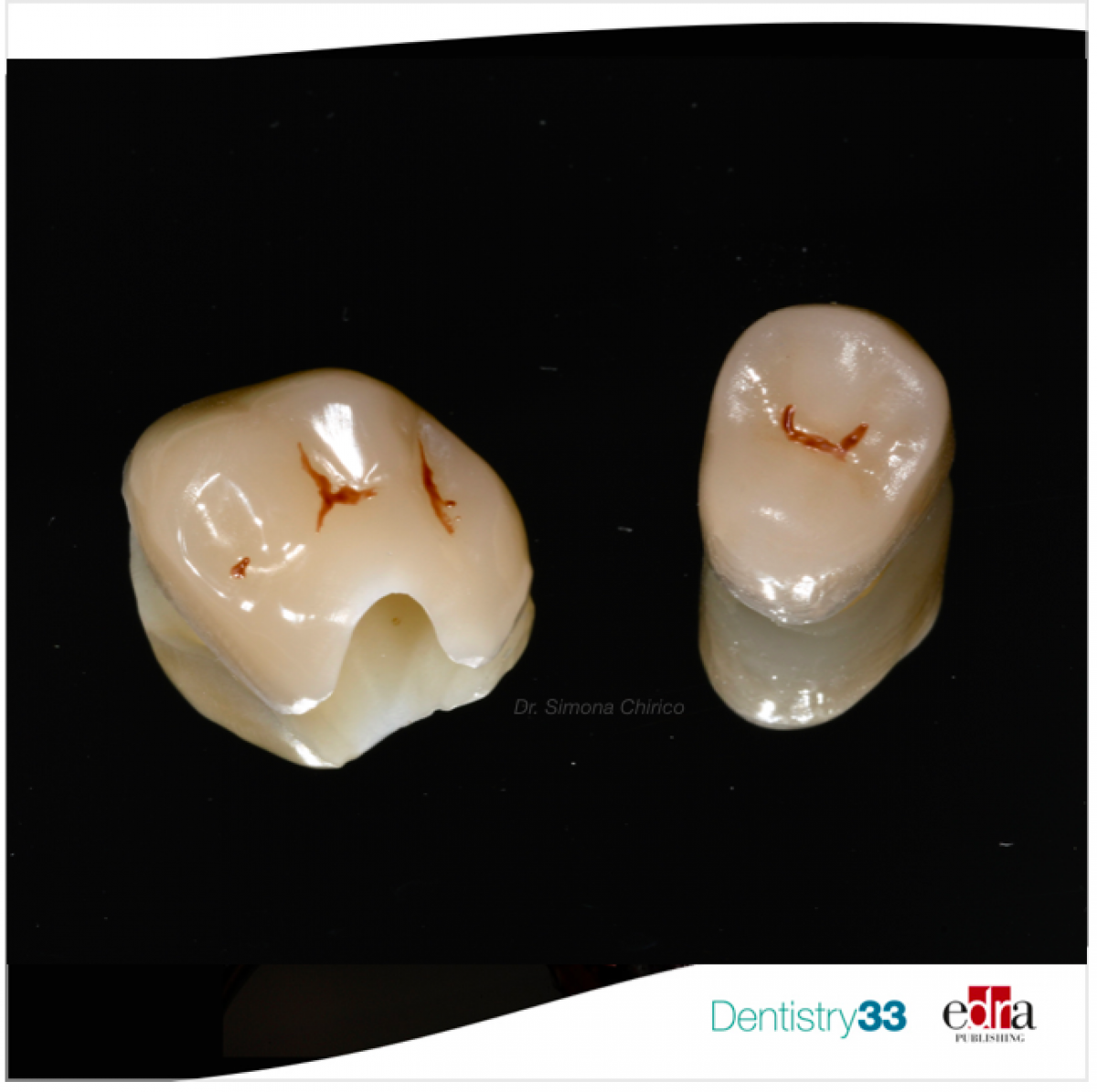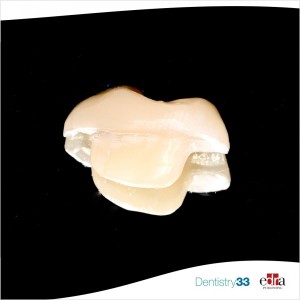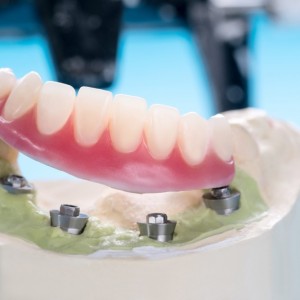
Nanoceramics, PICN and lithium disilicate for CAD/CAM system: mechanical properties and internal fit.
Simona Chirico
Computer-aided design/computer-aided manufacturing (CAD/CAM) was introduced in dentistry forty-years ago, and gained popularity worldwide because of advancements in restorative materials with characteristics such as crack tolerance, ease of clinical use and good performance. Among the most common CAD/CAM materials we found: nanoceramics, vitreous ceramics interpenetrated in a resin matrix (PICN) and lithium disilicate. These materials belong to different families of ceramics and therefore have different properties.
But which material among these guarantees a better result?
The study published by Goujat et al, in the Journal of Prosthetic Dentistry, tried to give an answer by analyzing the mechanical properties and internal fit of these CAD / CAM materials.
MATERIALS AND METHODS
The materials tested in this study were a PICN material (Vita Enamic), 2 composite resin nanoceramics (Lava Ultimate; 3M ESPE and Cerasmart; GCDental Products), and a lithium disilicate glass-ceramic (IPS e.max CAD). Mechanical properties were evaluated according to ISO norm DIS 6872:2013. Bar-shaped specimens (18×3×3 mm) were prepared and submitted to a 3-point bend test using a universal testing machine at a cross-head speed of 0.5 mm/min. In addition, identical cavities were prepared in 60 human mandibular extracted molars (n=15) and optically scanned to receive mesioocclusodistal inlays milled with the 4 materials tested in a CEREC Inlab milling machine. The replica technique and a stereomicroscope (×20) were used to measure the internal fit of the inlays at 9 preselected locations. All data were statistically analyzed using 1-way ANOVA and the post hoc Tukey multiple comparison or Games-Howell test (a=.05).
RESULTS
As can be seen from the table below (table 1), the best results were recorded by lithium disilicate.
CONCLUSIONS
Despite all these CAD / CAM materials are valid for a restoration, the best results were recorded for the lithium disilicate IPS e.max CAD followed by the Cerasmart nanoceramic
For additional informations: Mechanical properties and internal fit of 4 CAD-CAM block materials
 Related articles
Related articles
Digital Dentistry 25 February 2020
Materials for digital dentistry: classification and clinical features
CAD/CAM technology has been used in industry for long time and has increased in popularity over the past years in dentistry from making impressions, casts, provisional and final restorations. The...
Digital Dentistry 30 July 2019
Nowadays, numerous researches are conducted to improve and understand CAD-CAM processes in terms of technology and materials. Indeed, the improvement in the...
Products 07 February 2025
Revolutionizing Restorative Dentistry: Aidite’s Cameo KrystaFree Lithium Disilicate
Aidite introduces its latest innovation in restorative dentistry: the Cameo KrystaFree Lithium Disilicate CAD/CAM Block.
Prosthodontics 01 October 2022
Pilot study: 24 months in vivo wear of enamel antagonists to lithium disilicate implant crowns
To evaluate whether there is a significant difference between the ratio of wear of lithium disilicate implant crowns and their enamel antagonists and adjacent enamel or enamel antagonist contacts.
Prosthodontics 11 May 2022
How much does the thickness of lithium disilicate affect the fracture resistance of the endocrown?
The restoration of severely damaged endodontically treated teeth is still a discussed topic in dentistry. Today, the most common restoration for endodontically treated teeth involves post and crown,...
 Read more
Read more
Prosthodontics 17 November 2025
The purpose of this report is to describe a new technique to fabricate and deliver an implant-supported fixed prosthesis to the patient on the day of surgery, and to propose a protocol for the...
Editorials 17 November 2025
The Langkamp Allison Award recognizes a Pitt Dental Medicine third-year dental student interested in pursuing a career in dental education.
Products 17 November 2025
VELMENI today unveiled VELMENI Voice, an AI-driven voice recognition tool designed to transform periodontal charting and clinical documentation.
News 17 November 2025
Angelalign Technology Inc. (6699.HK) (“Angel”) recently announced the expansion of its flexible iOrtho platform to include direct integration with the Dexis, Shining 3D, and Panda scanners.
News 17 November 2025
Following the first FDA clearance for technology that measures internal mobility in teeth, Perimetrics CEO and Chairman Robert Hayman is once again leading dentistry into a new era with InnerView, a...














